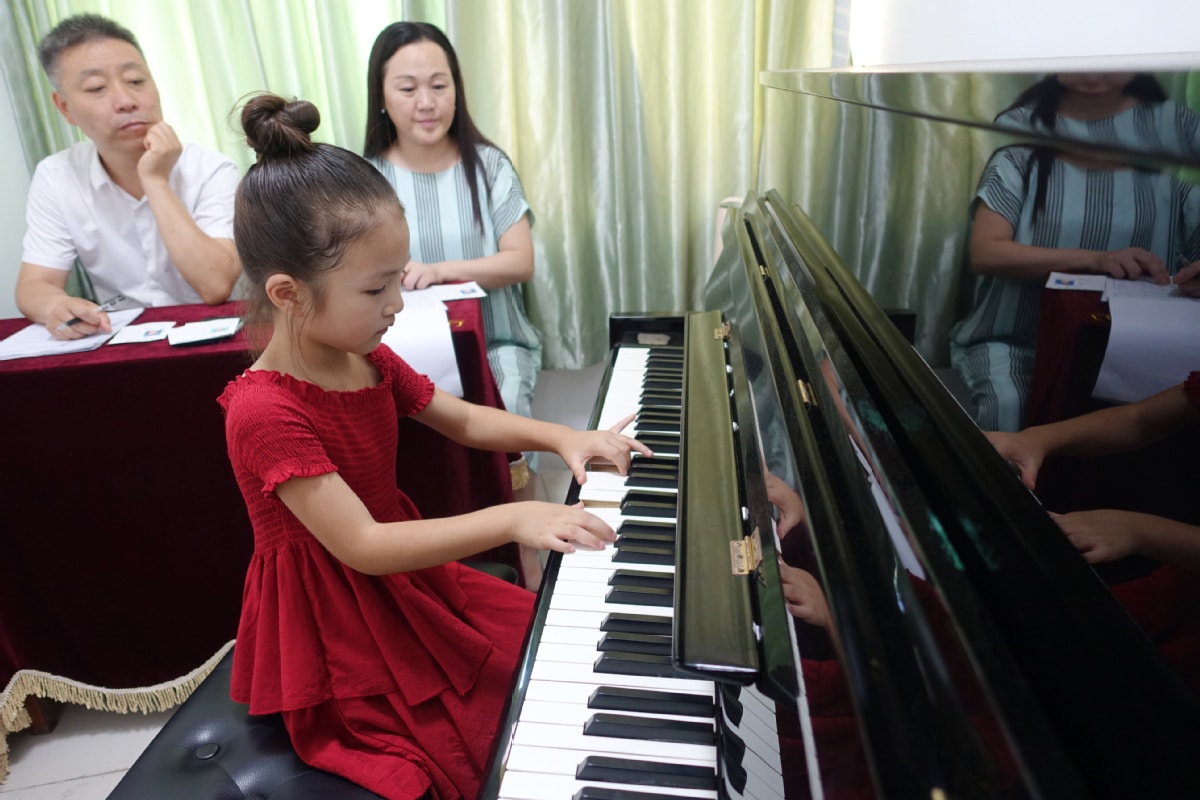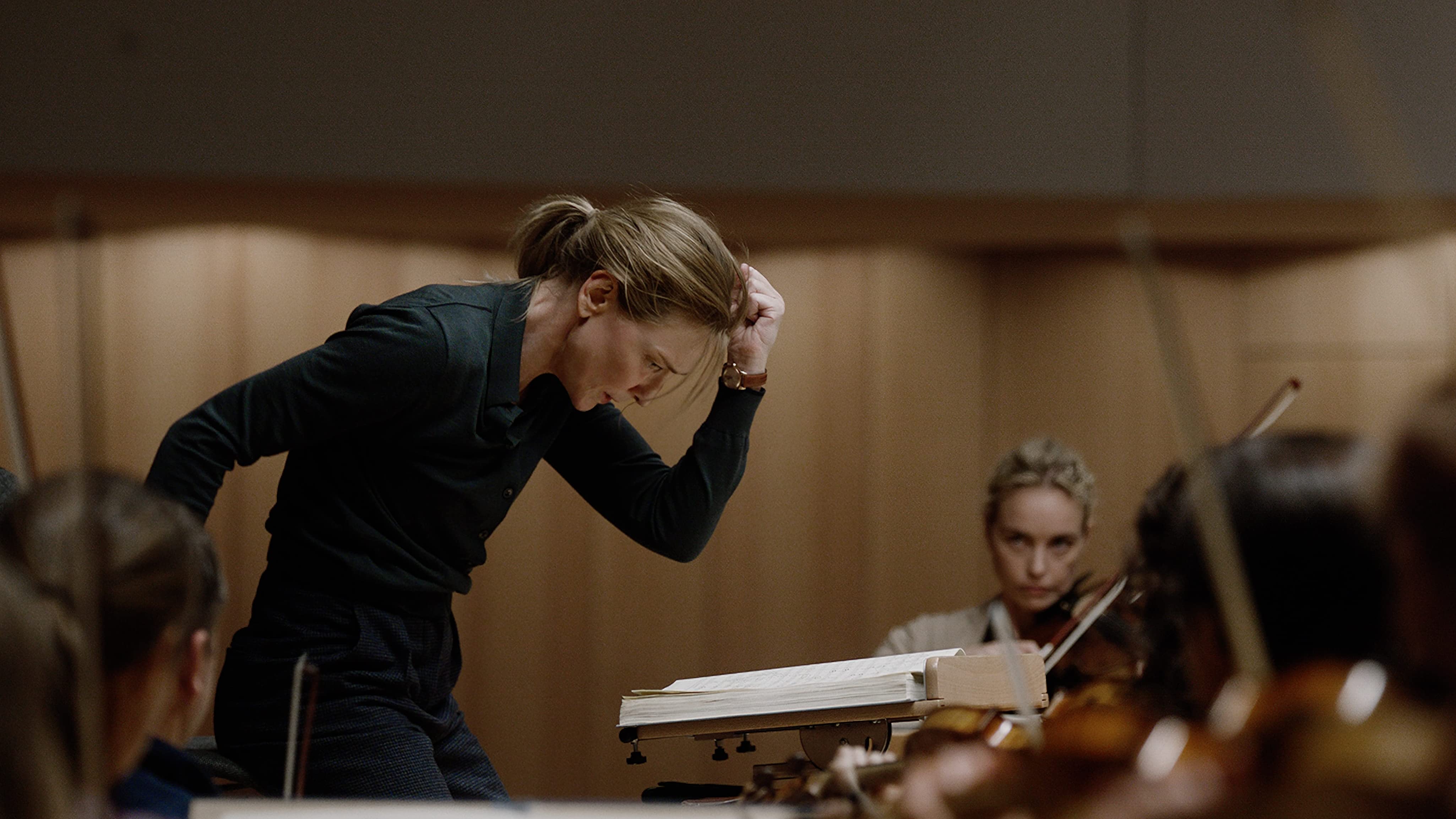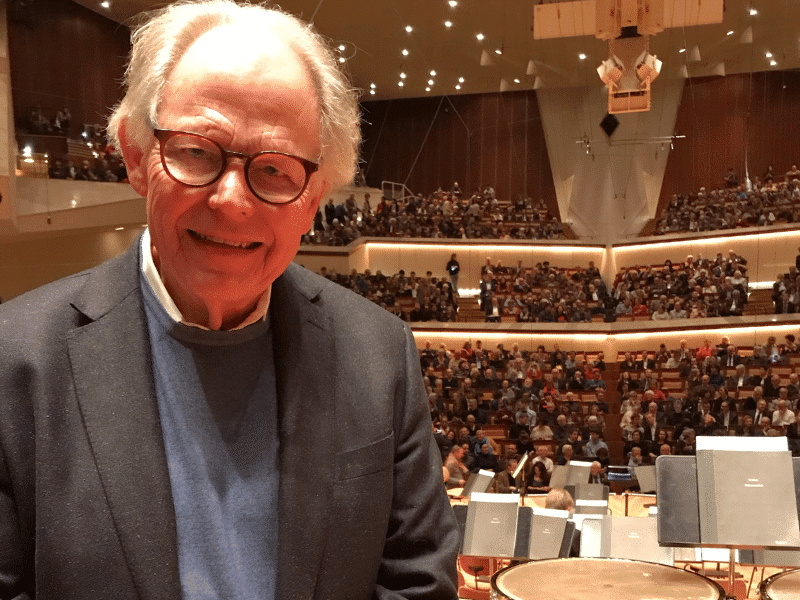What kind of parents make their kids play piano?
Daily Comfort ZoneFrom Psychology Today:
… A recent study in Frontiers of Psychology (Corrigall and Schellenberg, 2015), identified the characteristics most likely to predict parents who encourage music study in their children, and the characteristics most likely to predict children who stick with music study.
Using the Big Five Personality Inventory, the researchers found that parents who score high on the openness scale are most likely to encourage their children to study music. Openness is defined as being curious, creative, intelligent, and interested in novel ideas. Although openness also predicts children who tend to want to study music, it is not an essential quality. Openness becomes a more important factor as the child becomes an adolescent, and chooses to continue music study without parental guidance.
More here.







Comments